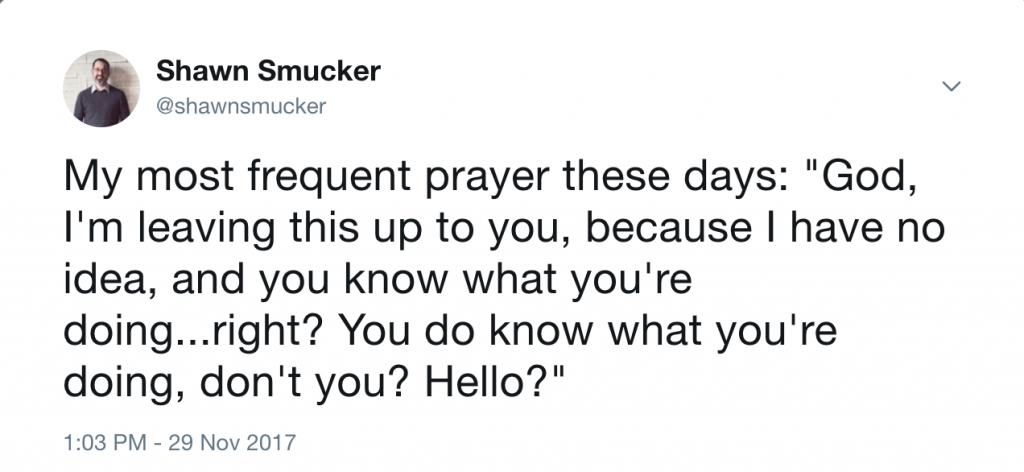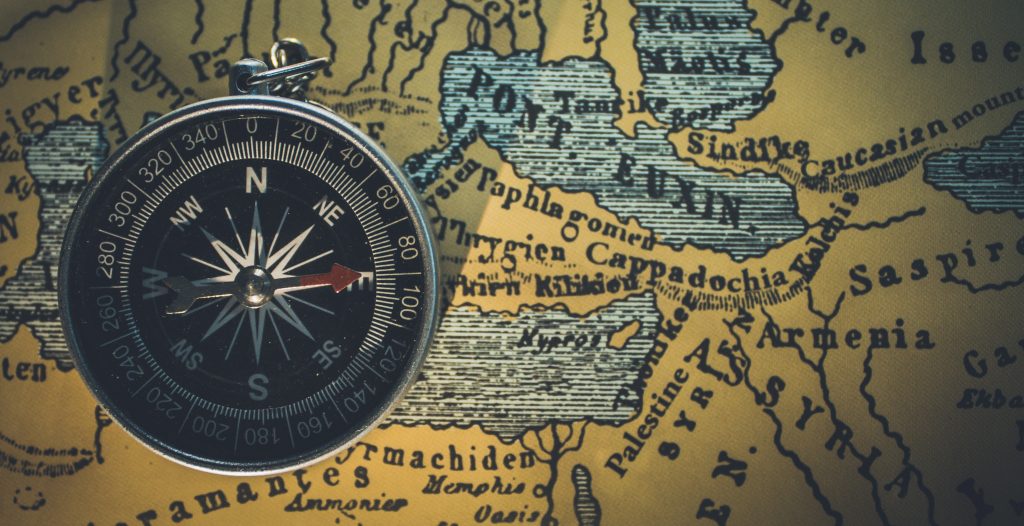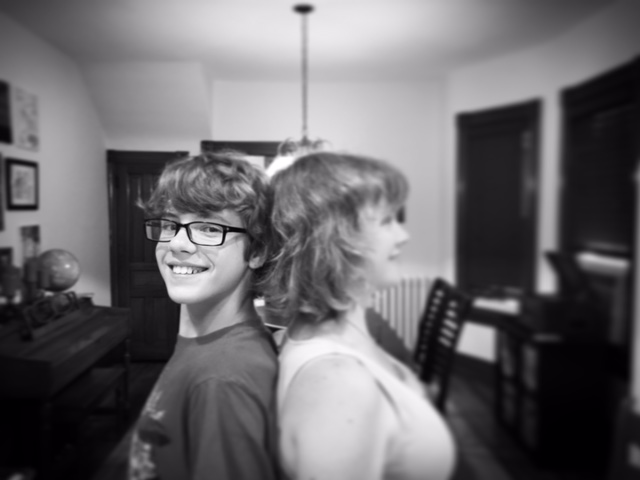
I’m entering 2018, not with a word, but with a question.
* * * * *
Leo is three years old. We walk into his room at bedtime. The city is cold outside his window, and the radiator at the foot of his bed is hot to the touch. I hope he never has to know the cold of those streets on a winter night having nowhere else to go. We draw a little closer to each other in the dark.
He wants to go to bed in a “fort,” so I tuck a blanket in the top bunk, draping it down over the bottom bunk where he sleeps. I turn off the light.
He is a creature of habit, although I haven’t yet figured out if this is due to age or personality. We sing the same songs every night. We pray the same prayers.
“Daddy,” he asks. “Will you stay with me?”
“Daddy,” he asks. “Will there be storms or fireworks tonight?”
“Daddy, will you lay beside me?”
So, I climb into the bed like a giant and he moves over and we lay there quietly in the dark. Sometimes, I start to drift off, and I turn over on my side. My eyelids are heavy. The warmth from the radiator slips into his bed. I take a deep breath and close my eyes. But he is not a fan of when I turn my back towards him.
“Daddy,” he says quietly. “I want to see your face.”
* * * * *
Many wise people throughout the ages have written about seeking the face of God, and at the beginning of this new year, I’m wondering more and more what that means. Crack open that phrase and what will I find? This force that moves the universe, that keeps everything racing away from everything else, that wakes up the maple trees in the spring and circulates the air in the atmosphere and reminds the fish and birds how to get home…what does the face of that force look like? And what could it possibly mean, seeking the face of that incredible force?
I don’t know about all of that, and I’m not sure exactly what it means to seek God’s face, but I know what Leo wants when he wants to see my face. He wants to know that I’m aware of him. He wants to know he is not alone in the world. He wants to know that even when he falls asleep, even when he is at his most vulnerable, even when the scariest things in the entire world have a tendency of turning up, that I’ll be there, eyes on him.
Is this what it means to seek the face of God?
I confess: I don’t know. But it seems a compelling question to unpack this year.
* * * * *
In his book, The Man Who Was Thursday, GK Chesterton writes,
“Shall I tell you the secret of the whole world? It is that we have only known the back of the world. We see everything from behind, and it looks brutal. That is not a tree, but the back of a tree. That is not a cloud, but the back of a cloud. Cannot you see that everything is stooping and hiding a face? If we could only get round in front…”
Could that be it? In seeking the face of God, are we actually seeking something in the world that is not brutal, but instead something in the world that is the kindest and gentlest and best thing we could ever find?
How does that change the way I live, if my main motivation in living is to find the beautiful things in the world? How does that change every interaction I have with someone else? How does that change the way I think about myself?
* * * * *
Daddy, I want to see your face.
In about a week, I start work on my next novel. I’ll be journaling before each day’s writing session, and you can receive those journal entries, a sort of look inside the writing of a novel, in your inbox by signing up here: http://eepurl.com/dfxFoP









